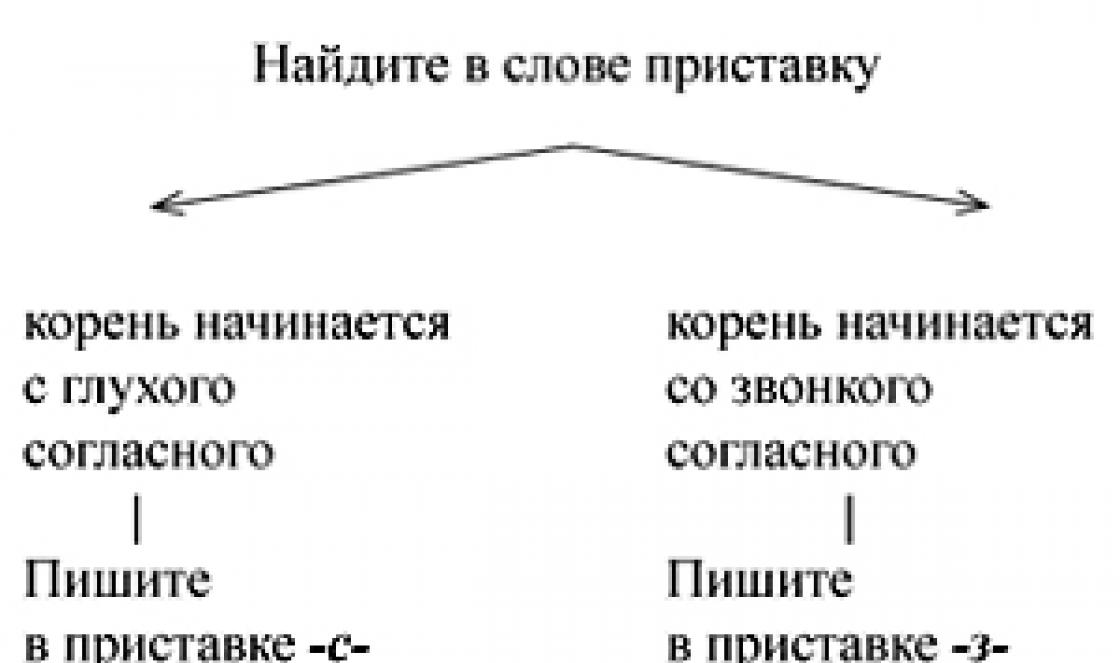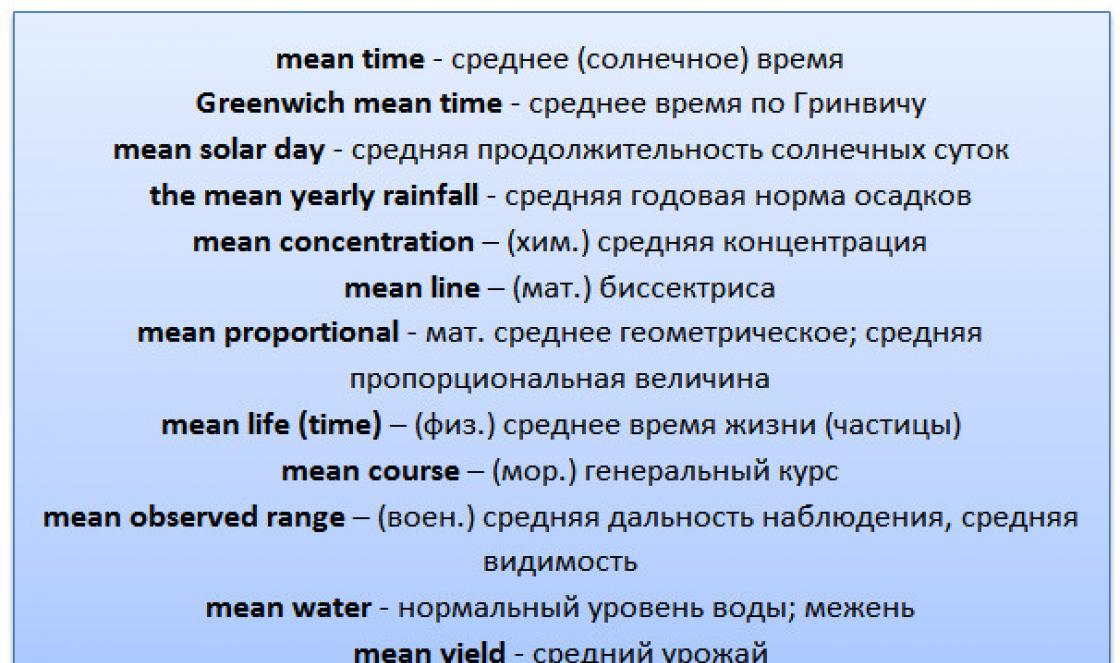Gritting your heart or reluctantly - which is correct?
Possible errors in the use of the expression reluctantly may occur due to some consonances during pronunciation. A person can be mistaken even if he understands the meaning of the phrase - after all, with a phonetic error, he will remain the same. However, the correct option would be reluctantly (reluctantly from the word strong), i.e. holding back, doing something through force, against one's will.
It's right to speak reluctantly. Here it means that a person fastens his heart, which protests against some action. It can be doubts, remorse, fear and other emotions. But a person brushes aside all this, strengthens his will (and heart) and does what his essence rebels against.
Many people really speak incorrectly: creaking their hearts.
It will be correct to speak and write reluctantly. The word fastening is in no way connected with a creak, as many people think. The phrase reluctantly means that a person fastens his heart with an iron will and does some action against his will. It turns out like this: I don’t want to - but I have to.
The heart does not creak, so it will be right not to creak with a heart, but to GRIND HEART.
This says that you are doing something or some business that you don’t want to do and you don’t like this business, but you do it with a grating heart.
The correct spelling of a stable expression will be through the letter E, therefore, you need to write with a reluctant heart, it will strengthen with a test word, this expression means that a person must pull himself together and continue to live on, fulfill the order, leaving emotions for later.
Creaking - does this mean the heart will creak like an old chest?
Fastening - this means that a person tied his heart with ropes so that it would not break and go to fulfill his decision or obey the will of fate. Therefore, reluctantly.
I always thought the second option was correct. I understand its meaning so - reluctantly means reluctantly, through force. As if holding the heart in a vise. And how can I creak my heart, I can’t even imagine)))
I hold my heart. It means that a person does something, overcoming a great reluctance to do it for moral reasons or out of pity. It’s just that you shouldn’t do it so much that your heart is torn to pieces.
Gritting my heart - this is most likely to be seen by a cardiologist. But reluctantly - they say when, having gained patience and willpower, you do something that is beyond your power, as if tearing your heart, and this is not only physical work, but also a moral and spiritual attitude.
In phraseological combination reluctantly from the verb to fasten, the word fastening is formed, in which we write the letter e, checking the unstressed vowel in the root with a single-root adjective strong. This idiom has nothing to do with creaking (doors, snow underfoot).
Reluctantly, it means that a person, against his will, with difficulty, not wanting it, still does something or acts.
The mother reluctantly allowed the stranger to enter the house.
Reluctantly - the correct option. A stable expression means that a person began to perform some task against his will. He threw emotions aside and did not pay attention to the cries of intuition and conscience, which urged him to change his mind. Usually, nothing good comes out of such decisions.
Reluctantly heart Unchanged With great reluctance, against the will to do something. With verb. nesov. and owls. type: go, give, leave, give ... how? reluctantly heart.
Her lips were pursed, as is done by many when they were hurt by some kind of insult, and, as they say, reluctantly, they try to endure this insult in silence. (F. Reshetnikov.)
Knowing how passionately I dream of the role of Melnik, dear Koryakin pretended to be ill at the last minute ... The management, reluctantly, released me onto the stage. (F. Chaliapin.)
A day later, Igor reluctantly confessed his guilt to Mityaev ... (V. Bykov.)
(?) holding together- the old form of a short real participle from the verb fasten(modern form of the perfect participle - fastening).
Educational phraseological dictionary. - M.: AST. E. A. Bystrova, A. P. Okuneva, N. M. Shansky. 1997 .
Synonyms:See what "reluctantly" is in other dictionaries:
reluctantly- Cm … Synonym dictionary
reluctantly heart- BRACE, plus, write; captive (yon, ena); owl., what. Explanatory dictionary of Ozhegov. S.I. Ozhegov, N.Yu. Shvedova. 1949 1992 ... Explanatory dictionary of Ozhegov
reluctantly- (to do what) foreign language: against the will of Cf. Everyone applauds, reluctantly and internally annoyed. The play is decisively successful. Gr. Rostopchina. Palazzo Forli. 6. Wed. No, I'll get down to business, no matter how small it may seem at first! Strengthened in spirit and heart, I decided ... Michelson's Big Explanatory Phraseological Dictionary
reluctantly heart- Razg. Express. With great reluctance, forcing oneself, against desire (to do something). Nikolai went to the Polytechnic Institute against his will, reluctantly (I. Uksusov. After the war) ... Phraseological dictionary of the Russian literary language
reluctantly- Reluctantly, forcing myself to what l. I went on a business trip reluctantly... Dictionary of many expressions
reluctantly- fastening / se / rdtse ... Spelling difficult adverbs
reluctantly heart- Reluctantly heart (to do what) foreigner. against will. Wed Everyone applauds, grating their hearts and internally annoyed. The play succeeds resolutely. Gr. Rostopchina. Palazzo Forli. 6. Wed. "No, I'll get down to business, no matter how small it may seem at first!" Holding on… … Michelson's Big Explanatory Phraseological Dictionary (original spelling)
reluctantly heart- Razg. Against my will, against my convictions. FSRYA, 421; BMS 1998, 522 ... Big dictionary of Russian sayings
reluctantly- I fastened my heart ... Russian spelling dictionary
reluctantly - … Spelling Dictionary of the Russian Language
Books
- The heiress, Cass K. America Singer was the only one to whom the prince gave his heart and crown to boot. Twenty years flew by like one day. The happily married couple of Queen America and King Maxon...
0
From time to time life loves" throw different knees", and they are not always positive and benevolent, as we would like. This forces us to act in a completely different way and manner to which we are accustomed, reacting to new circumstances. It does not matter under what "sauce" this happens, because of the problems at work or because of another black streak.Moreover, most often, a person does not have a particular desire to rake everything " heaps"The troubles that have fallen on him, but it must be done. For if he does not do this, then no one will need it at all. Therefore, people " reluctantly", and perhaps even swearing to themselves, they start unpleasant, but necessary actions. As you understand, we will analyze today the phrase reluctantly heart which means you can read a little below.
Add our cognitive resource site to your bookmarks to always be able to look into our penates.
However, before continuing, I would like to point you to a couple more interesting publications on the subject of sayings and proverbs. For example, what does Willy-nilly mean; how to understand the phrase Rylce in the cannon; the meaning of the expression Bypass the tenth road; which means Meet by clothes, etc.
So let's continue Reluctantly, meaning? This winged word will be more understandable if you know the meaning of the word " holding together". Under it is usually understood that what connects, unites, fastens, comes from the word" fasten".
reluctantly- means to do something forcedly, against one's rules, will and beliefs; with great reluctance.
Synonym Reluctantly: gritting his teeth, through force, clenching his teeth, with a heavy heart.
Example:
Max did not learn his lessons, and therefore went to geography with a reluctant heart and clenched teeth.
Reluctantly, Tolyan repaid his debt, because he had no choice.
Holding his breath and reluctantly, he took a step towards two charming girls, wanting to get to know each other.
Origin
Version one. This phraseologism today is constantly used by many people in their everyday speech, unlike other sayings that have already " sunk into oblivion". True, some people do not fully understand what this is about, and it would probably be easier to say " holding the heart together". In this case, everything will immediately become clear and understandable, since it is already possible to understand that someone is trying to make his heart more invulnerable and strong. At the same time, expecting that such an attitude will help to cope with the difficulties that have arisen.Although some linguists are sure that the phrase "reluctantly" is the only correct option. They suggest that it was formed from an outdated form of the actual participle. True, since the Russian language began to change, this phraseological unit also does not stand still, and more and more often, instead of a real participle, you can hear a perfect participle.
Version two. In this version, the main emphasis is on human physiology. Many of us have noticed that with strong excitement, joy or grief, some kind of tension, pain or tingling appears in the heart muscle. In this situation, almost all people begin to rub their chest, as if trying to support their heart in this way, that is, to "fasten" or protect from external factors.
Version three. Sometimes during an oath or in confirmation of his most sincere intentions, a person puts his hand on the left side of his chest. Thus demonstrating that he is completely truthful and does not want to deceive anyone. As if showing that his heart is pure and innocent, and he does not harbor evil, and promises to fulfill everything that they agree on.
Despite the fact that there were quite a few versions, they all quite accurately reflect the meaning of the phraseological unit. After all, no one wants to get into a situation where they have to do something " reluctantly"because this action will be performed against his established beliefs and desires.
Let me give you a simple example, early morning, Monday, waking up next to a charming girl, you really do not want to get up for work. However, you will have to do this, because you need to earn money, otherwise the next time you wake up you will not find this "milf" next to you, but only empty vodka bottles and a filthy living room.
After reading this informative article, you learned what does heartbroken mean, and now you won’t get into a mess if you suddenly find this catch phrase again.
Human life is not always easy and carefree. Sometimes we have to do what we don’t want to, under the pressure of circumstances or on duty. The people even have a special designation for such a state familiar to everyone - the phraseological unit "reluctantly". We will analyze its meaning today.
Meaning
The idiom also has a synonym: "reluctantly" - against the will. The most common example that is not usually mentioned is work. Every person dreams of becoming famous, maybe rich, someone who will do something important. But then he has to grow up and choose the form of existence that comes to hand. Broken dreams are the plot of many films, books, and most importantly, it is a constantly repeating story in every life. No one thinks that he will live according to the idea that the phraseologism "reluctantly" preaches. Meaning: act against your feelings, desires, beliefs, will. Only because a certain way of behavior is expected from a person. And so do many. They get up, dress reluctantly, drink tea or coffee, and wander off to work. It is not known whether they know what meaning the idiom “reluctantly hearted” carries in itself (its meaning is obvious to us), but some live in full agreement with this
Example

Let's leave the sad topic of work. In fact, reluctantly, you can do anything. For example, yes. The father does not want to let his son go to the party. Because the youth, of course, will have fun there until the morning, and dad will worry. The following conversation takes place between them:
- Well, let go, dad! What are you worth? You know that I can handle it. You raised me well. I promise to come no earlier than 00:00
- That's it - not before! father smiles.
- Oh, well, I made a reservation, with whom does not happen? Certainly not later.
For a while they bicker without malice. Then the father says:
- Okay, you can agree to this reluctantly.
Literary expression

Officials at official meetings don't say that. But when their working day ends, they take off their ties, they may well say that, they say, that decision or this was made reluctantly. They may be asked what they mean. Officials would say this: “Phraseologism“ reluctantly ”: do you know its meaning? That's in full agreement with him." Writers are very fond of this expression. Many people use it to enrich the language of the work.
Antonym "For a sweet soul"
Soul and heart in Russian literature and philosophy often denote something spontaneous and real. And the expressions under consideration are no exception. A sentence with a phraseological unit "reluctantly" indicates that a person is holding back his desires and aspirations. The father did not want to let the child go, but under pressure from his son's requests, he allowed him to go to the party, without any desire. When people say “for a sweet soul”, then the opposite is true: a person does something without coercion. For example, The boy eats his mother's meat pie for a sweet soul, because it is very tasty.
In conclusion, it must be said that sometimes you need to do something reluctantly, because life is not ideal and there is a duty that does not take into account our desires and needs, but, of course, I would like life to flow more and more in line with the phraseologism “for a sweet soul”.





